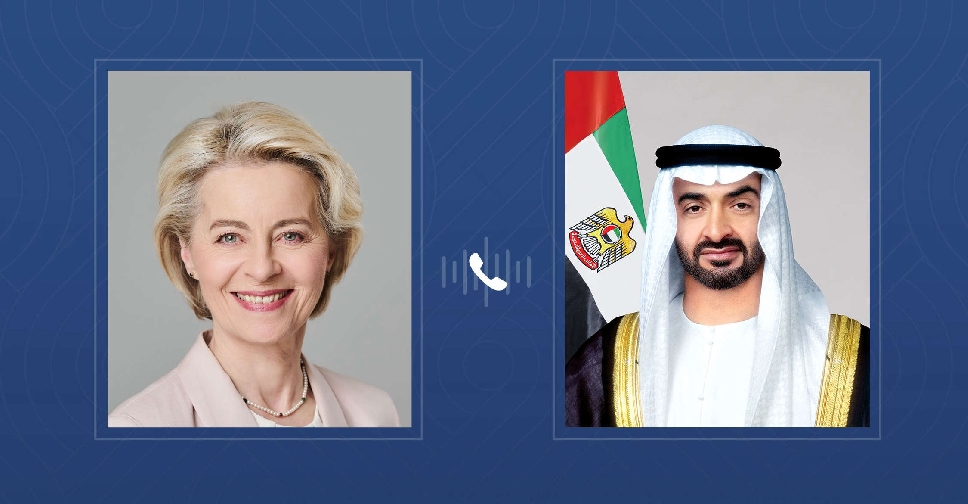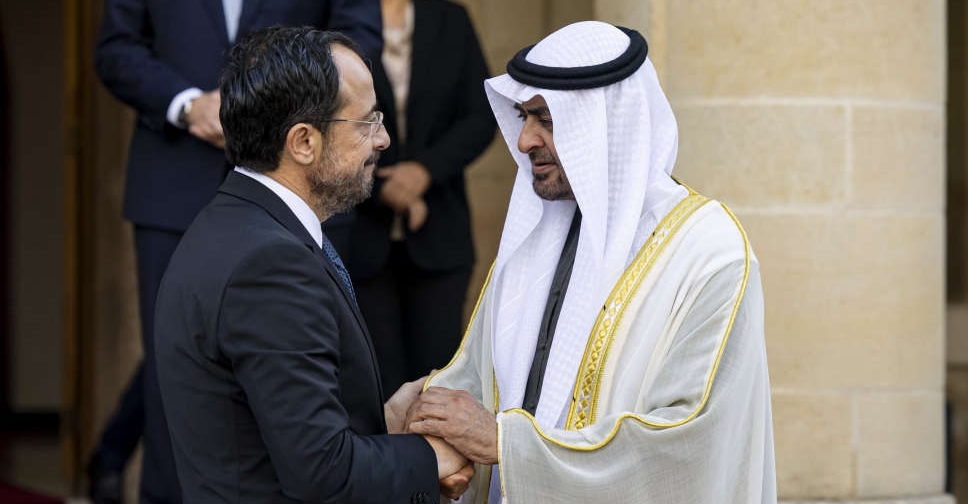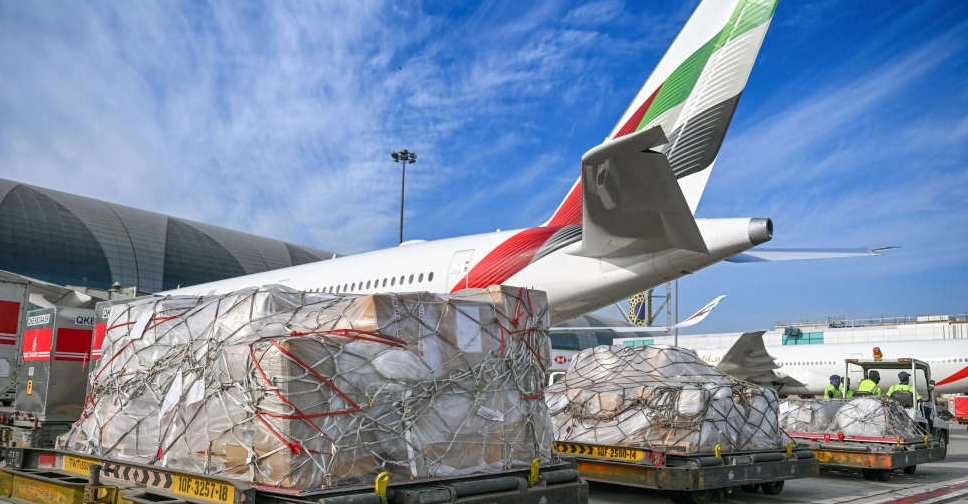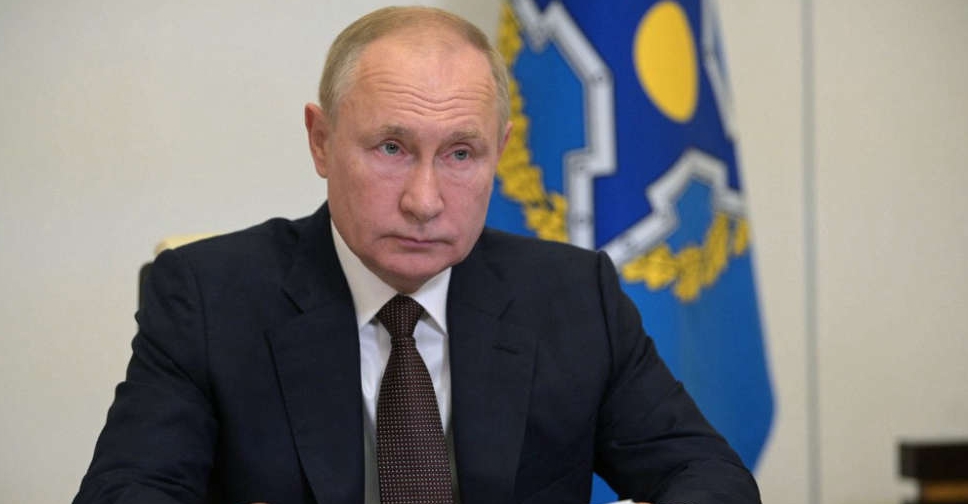
President Vladimir Putin said on Friday that Russia would keep testing its new Oreshnik hypersonic missile in combat and had a stock ready for use.
Putin was speaking a day after Russia fired the new intermediate-range weapon into Ukraine for the first time, a step he said was prompted by Ukraine’s use of US ballistic missiles and British cruise missiles to hit Russia.
The Kremlin leader described the missile’s first use as a successful test, and said more would follow.
“We will continue these tests, including in combat conditions, depending on the situation and the nature of the security threats that are created for Russia,” he said in televised comments to defense officials and missile developers.
“Moreover, we have a stock of such products, a stock of such systems ready for use.”
A US official, however, said the weapon Russia used was an experimental one. The official said Russia has a limited number of them and that this is not a capability that Russia is able to regularly deploy on the battlefield.
Intermediate missiles have a range of 3,000-5,500 km (1,860-3,415 miles), which would enable them to strike anywhere in Europe or the western United States from Russia.
Security experts said the novel feature of the Oreshnik missile was that it carried multiple warheads capable of simultaneously striking different targets — something usually associated with longer-range intercontinental ballistic missiles designed to carry nuclear warheads.
Ukraine said the missile reached a top speed of more than 13,000 kph (8,000 mph) and took about 15 minutes to reach its target from its launch.
The firing of the missile was part of a sharp rise in tensions this week as both Ukraine and Russia have struck each other’s territory with increasingly potent weapons.
Moscow says that by giving the green light for Ukraine to fire Western missiles deep inside Russia, the US and its allies are entering into direct conflict with Russia. On Tuesday, Putin approved policy changes that lowered the threshold for Russia to use nuclear weapons in response to an attack with conventional weapons.
Ukrainian President Volodymyr Zelensky said Russia’s use of the new missile amounted to “a clear and severe escalation” in the war and called for strong worldwide condemnation. He said Ukraine was working on developing new types of air defense to counter “new risks.”
The Kremlin said the firing of the Oreshnik was a warning to the West against taking further “reckless” actions and decisions in support of Ukraine.
The Oreshnik was fired with conventional, not nuclear warheads. Putin said it was not a strategic nuclear weapon but its striking power and accuracy meant that its impact would be comparable, “especially when used in a massive group and in combination with other high-precision long-range systems.”
He said the missile was incapable of being shot down by an enemy.
“I will add that there is no countermeasure to such a missile, no means of intercepting it, in the world today. And I will emphasize once again that we will continue testing this newest system. It is necessary to establish serial production,” he said.

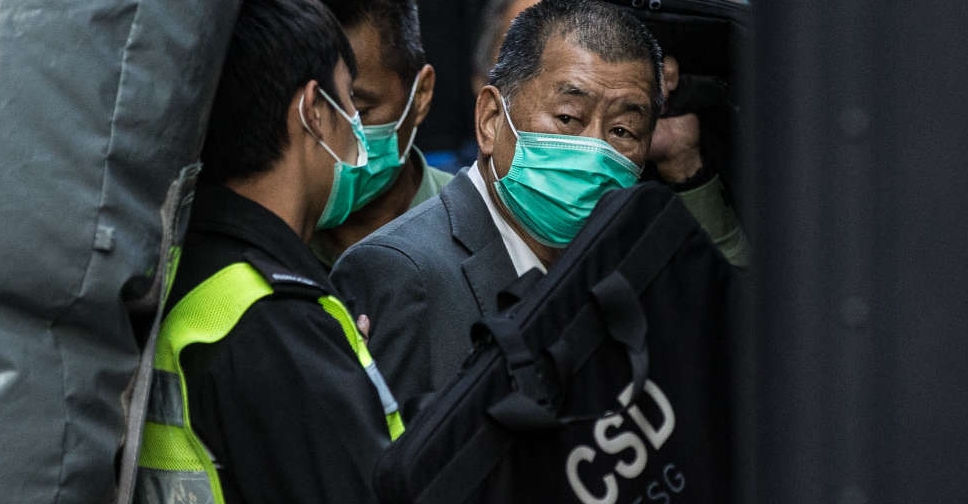 Hong Kong court finds tycoon Jimmy Lai guilty in landmark security trial
Hong Kong court finds tycoon Jimmy Lai guilty in landmark security trial
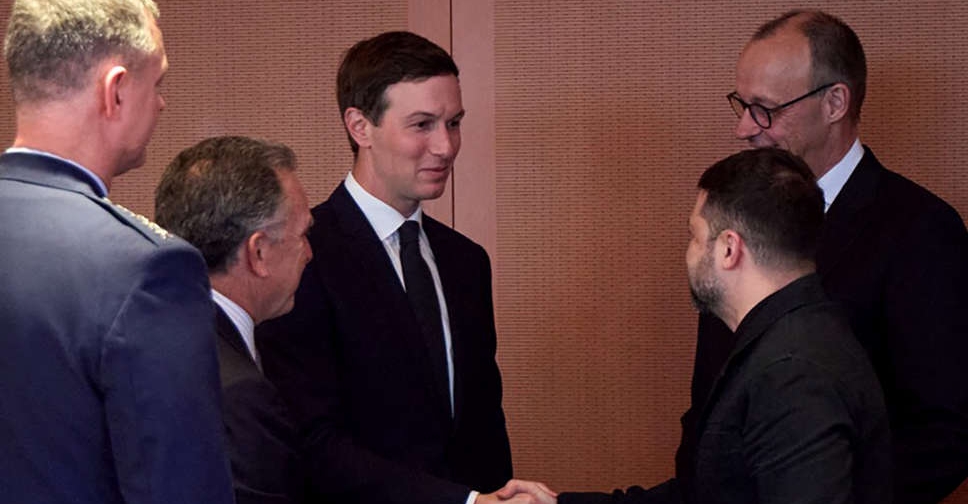 Ukraine peace talks stretch into second day at start of pivotal week for Europe
Ukraine peace talks stretch into second day at start of pivotal week for Europe
 Flash floods kill at least 37 people in Morocco's Safi province
Flash floods kill at least 37 people in Morocco's Safi province
 'Hero' who disarmed Bondi gunman recovering after surgery, family says
'Hero' who disarmed Bondi gunman recovering after surgery, family says
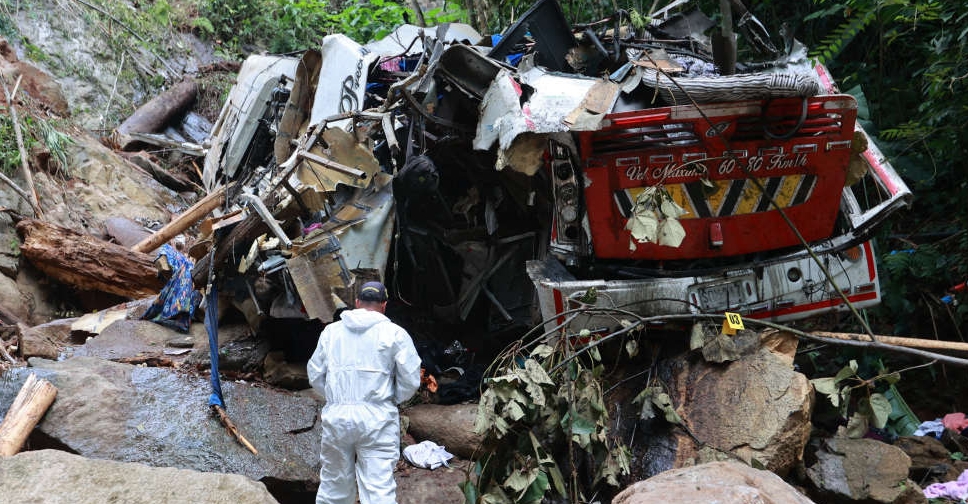 School bus accident in Colombia kills 17, injures 20
School bus accident in Colombia kills 17, injures 20

